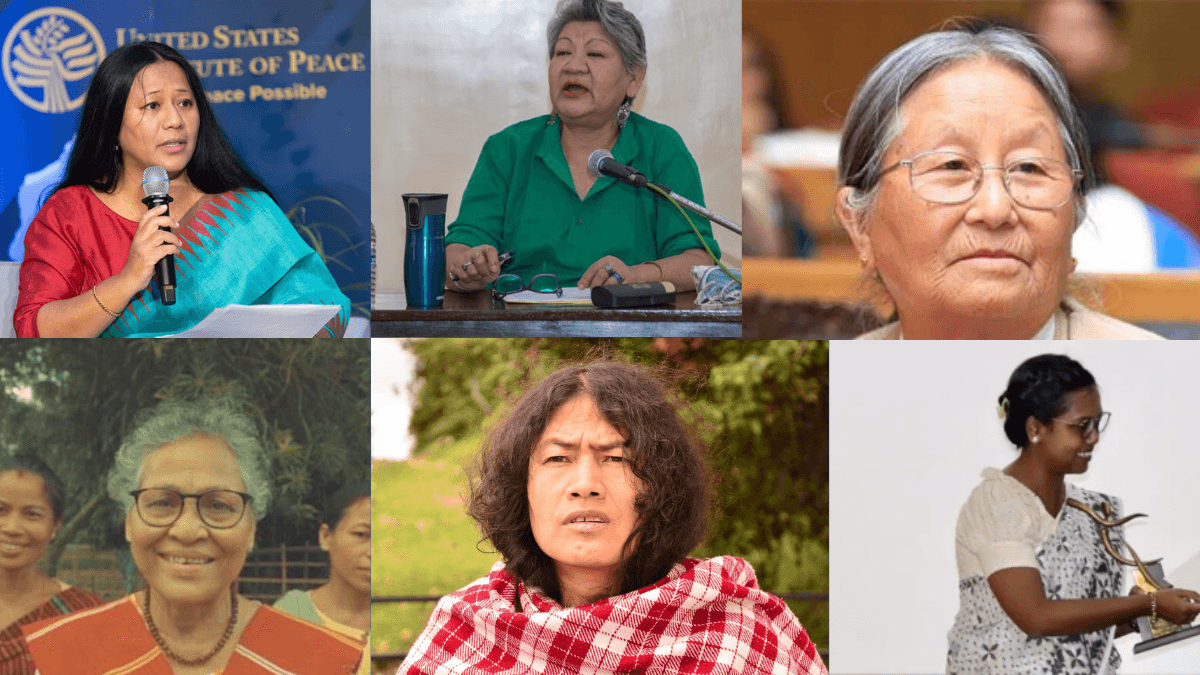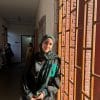Northeast India is threaded together with diverse cultures, traditions and tribes that have shaped the region’s history and political situation profoundly. However, a region that has been mostly aloof from the mainland gets, at times, sidelined by the mainstream. The women of the region and their contribution to the upliftment of their communities are not talked about enough within the mainstream media.
Here are 6 women from Northeast—the radical feminists who have shaped the history of these regions and continue to fight the system that oppresses the people around them.
1. Binalakshmi Nepram and the fight for disarmament
Binalakshmi Nepram, an indigenous scholar, author and human rights activist who grew up in Manipur, India. She has been an active force in demanding peace, women-led disarmament and women’s rights in Manipur and India at large. She has spearheaded the establishment of several organisations with the goal of bringing peace to the region.
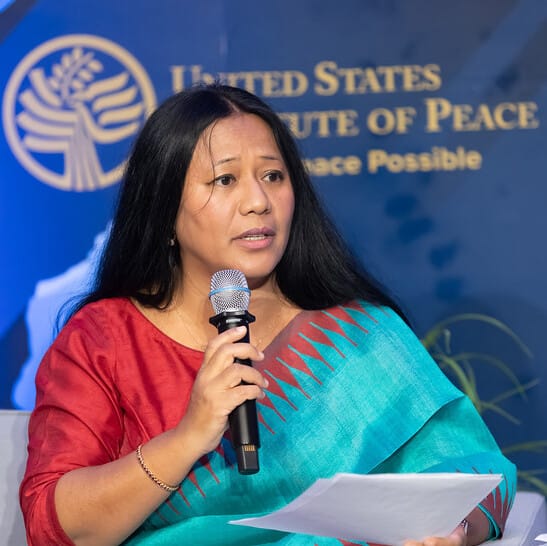
In 2007, she launched the Manipur Women Gun Survivors Network (MWGSN) in the aftermath of seeing 27-year-old Buddhi Moirangthem being shot dead by three unknown gunmen. According to Bina, this network was formed to help women whose lives are drastically changed due to the gun violence in their home state. In addition, she assisted women in filing legal complaints to seek justice. One of these complaints forced exile on Bina due to the threats she was subjected to for helping women seek justice.
Forbes named Bina as one of its “24 Young Minds to Watch out for in 2015,” and the Action on Armed Violence of London listed her among the “top 100 influential people in the world actively pursuing a reduction in armed violence.” A fearless and influential figure, Bina continues to work for the micro-disarmament movement and provides economic stability to women who get trapped in the conflict while being forced to seek safety and security abroad.
2. Monalisa Changkija
A veteran journalist and social reformer, Monalisa is one of the most influential voices from Nagaland. She became a journalist in the 1980s, when the media landscape in Nagaland was still budding, coupled with the volatile political situation. In 1999, she founded Nagaland Page— a fearless organisation that voiced the voiceless in Nagaland. At the time, when other media houses refused to cover issues focused on insurgency, gender-based violence and persistent atrocities and marginalisation.
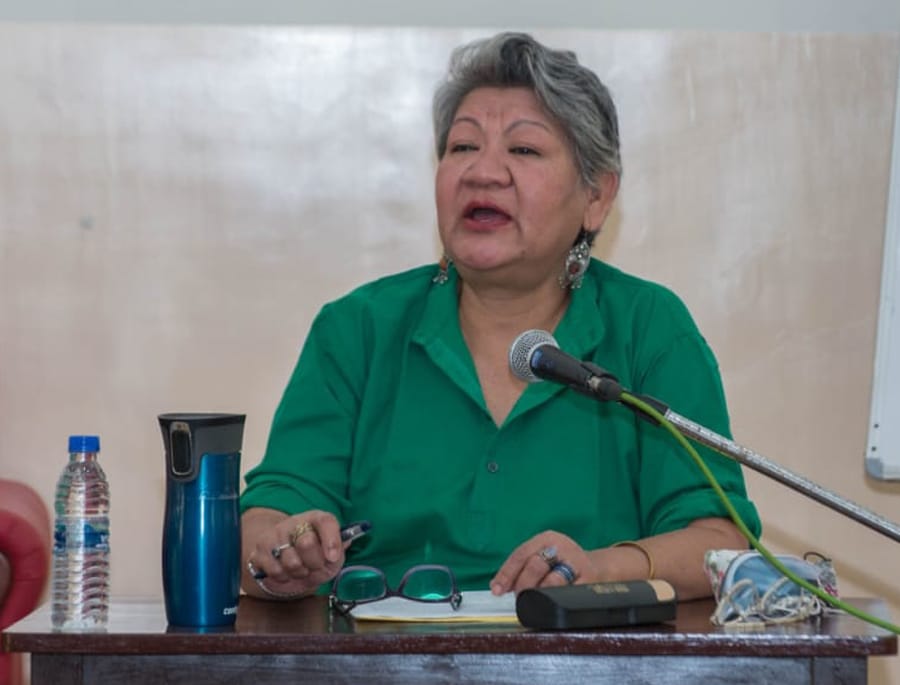
Journalism in a conflict-ridden region is not an easy task. Mona Lisa was at the forefront, speaking what she believed needed to be said. The risk of speaking up was always at her doorstep, knocking, but she didn’t step down. Her courage has made her a role model for aspiring journalists in Nagaland and beyond. Through her leadership, she has shown how local journalism can be a force for accountability and grassroots empowerment. She has received numerous accolades for her fearless work and contribution in making the regional issues mainstream. She was awarded the Chameli Devi Jain Award for Outstanding Women Mediapersons (2009), recognising her fearless journalism and editorial independence. She has received international recognition for her work as a journalist in conflict zones. Recently, she was awarded the Nagaland State Commission for Women (NSCW) Excellence Award.
3. Dr Monisha Behal and the Chizami Weave
Dr Monisha Behal is a social development worker and feminist. Diligently working for the betterment of rural women in the Northeast since the 1980s. During the initial years of her selfless work, Monisha travelled to several Northeast states, working with women, for women and understanding the need to improve their social and economic lives.
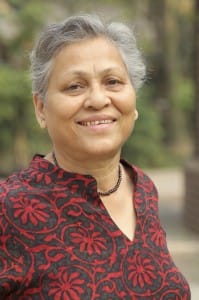
North East Network was one of the first feminist initiatives started in the Northeast for women’s development and health standards. Monisha Behal is the founding director of NEN-led groundbreaking initiatives for socio-economic and environmental development across Northeast India, making her one of the foremost advocates for women’s rights nationwide.
After coming to Chizami, Nagaland, along with Seno Tsuhah—representative of Chizami Women’s Society, Behal focused on health, sanitation and nutrition while also helping women with skill enhancement courses. And in 2008, NEN started Chizami Weaves, a decentralised livelihood project to create sustainable livelihood opportunities for the marginalised women in the district as well as preserve the unique textile tradition of Nagaland. Monisha has been a recipient of various awards for her contribution to the socio-economic upliftment of women and marginalised communities throughout the northeast.
4. Keepu Tsering Lepcha, Lepcha Cottage and the sanctuary for orphans
Keepu Tsering Lepcha is a former civil servant, educationist, and social activist and also a Padma Shri recipient. She has devoted her life to the survival of the Lepcha community, indigenous to Sikkim. Her primary focus had been educating the girls of this tribe. She has worked relentlessly to cater to the needs of the children of her community. In 1989, Keepu took in 20 Lepcha children to live with her in a six-room home, which is called the Lepcha Cottage.

She is the founder of an NGO, the Human Development Foundation of Sikkim (HDFS), which has been working since 1997 with underprivileged families by helping the children in Sikkim through education. Beside the Lepcha cottage, the only piece of land that Keepu owned at Chongey was developed into a children’s village—providing food, education and accommodation for the needy and destitute kids. With the help of another NGO in Sikkim—Children of Sikkim Foundation—Keepu opened Padma Odzer Choeling school for the children of Lepcha Cottage and nearby areas. With every bit of money that she earned through her job, she kept the school running.
Keepu, along with all the support that she had, has helped grow the school and turned it into a haven of free education for underprivileged children. From a young age, Keepu heard her father—a government official that used to travel to remote areas in Sikkim owing to his job—talk about working for their community. She fulfilled that dream as she continued to travel through the interiors of Sikkim, looking for children that are being deprived of education.
5. Taniya Sultan Laskar: A hero of legal justice for marginalised people
Taniya Sultan Laskar is the unsung hero of the women and marginalised people of her region by providing them legal support. Completing her law degree from a local college in Doyapur Village, Taniya laid the foundation of her career as a lawyer and activist, working for gender equality and ensuring that everyone was given a chance for justice regardless of their social settings.
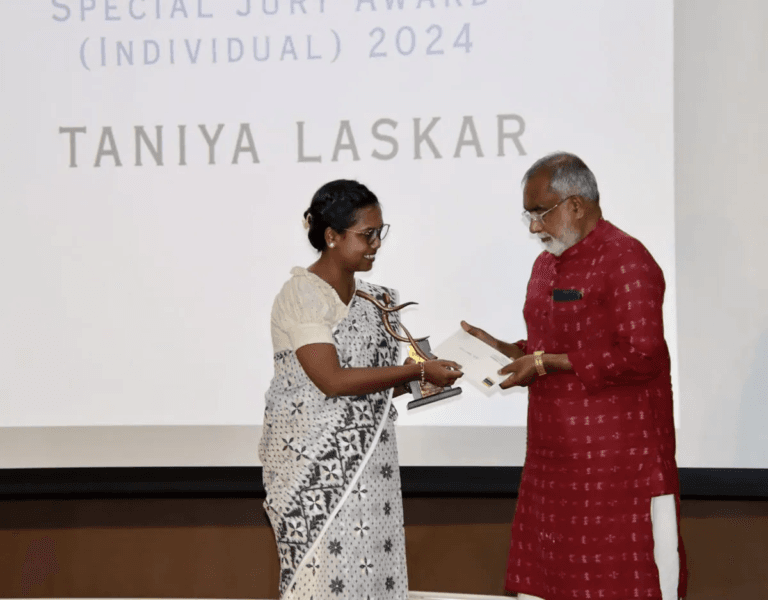
Seeing the lack of legal access to marginalised communities, Taniya offered professional legal support to people without any payments. While continuing her legal practice, Taniya also co-founded Sexuality and Gender Equality (SAGE), a queer rights organisation promoting inclusivity and support to the LGBTQIA+ community. She was awarded a Special Jury Award at the Martha Farrell Awards for Excellence in Women’s Empowerment and Gender Equality, 2024, where she advocated for a more inclusive society and justice for all.
Given the traditional environment and the gender roles deeply ingrained in the society, she continues to face challenges to promote justice while also trying to navigate the practical limitations as a grassroots advocate. Through her legal work and advocacy, Taniya is changing lives, inspiring others to stand up for their rights while simultaneously fighting for gender equality.
6. Irom Sharmila: The Iron Lady of Manipur
Irom Sharmila and her legacy of resistance are very deeply rooted in the unstable socio-political background of her homeland. Born in 1972, Irom belongs to a humble Meitei family and worked as a volunteer for various NGOs before the incident that became the catalyst of her resistance.
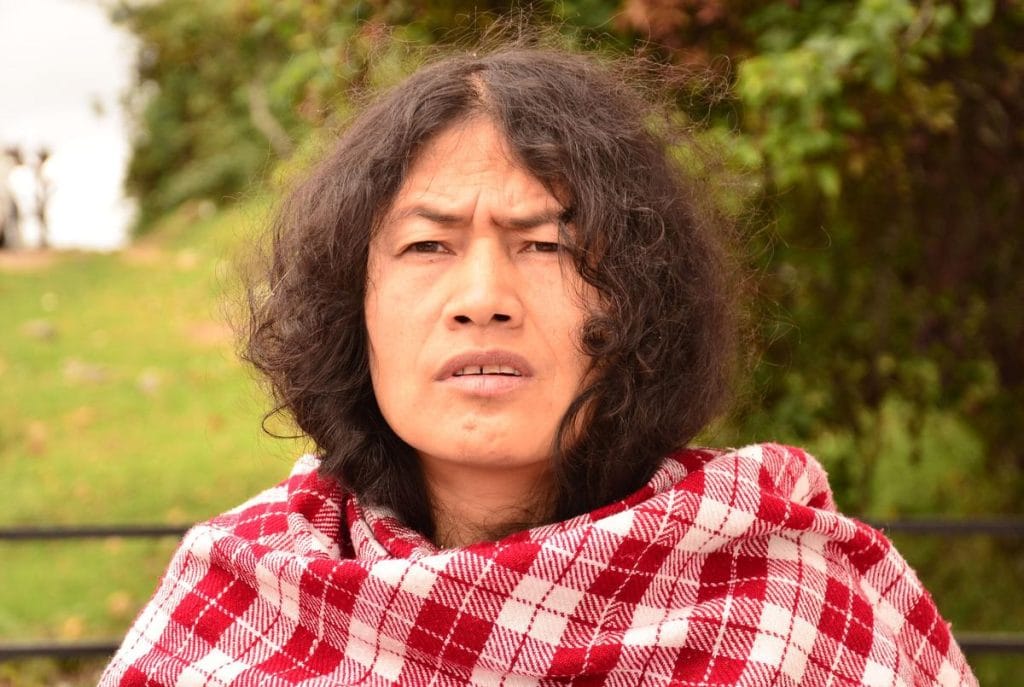
The Malom Massacre that happened on November 2, 2000, changed the course of her life. The massacre was what prompted Irom to start a hunger strike against the atrocities faced by her people. This hunger strike quickly developed into a complete renunciation—refusing even basic hygiene practices like brushing teeth and combing hair— against the Armed Forces (Special Powers) Act, 1958 (AFSPA) as she demanded the Government of India repeal the Act.
Throughout her struggle and being under judicial custody for 16 years, Irom refused to plead guilty to the charge of “attempt to suicide” since her struggle was a non-violent political protest, not an act of trying to kill herself. During this time—the world’s longest hunger strike—she was force-fed through a nasal tube. Being a staunch supporter of Gandhi’s non-violence ideology, Irom made her body a force of resistance. Her protest won her worldwide recognition, with Amnesty International describing her as a prisoner of conscience.
In 2016, after 16 years, Irom ended her hunger strike. During the 16 years, Irom gained international recognition and accolades. Her protest is a testament to the individual conscience and her unwavering commitment to justice. Today, the Iron Lady of Manipur lives away from active politics, but her story—a peaceful quest for justice—remains as inspiring as ever.
About the author(s)
Reeba Khan is a Political Science student at Delhi University. As a writer and student journalist, she has a keen interest in issues of identity, conflict, and politics of belonging. She writes to remember and to resist
